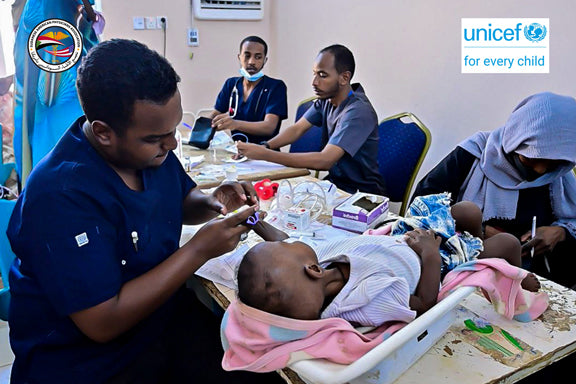In a world increasingly defined by economic disparity, the Islamic traditions of Zakat and Sadaqa stand as enduring testaments to the power of structured charity and spontaneous generosity. While often discussed in tandem, these practices, though sharing a core principle of giving, possess distinct characteristics that reflect the nuanced approach of Islamic teachings to social responsibility.
Zakat: A Mandated Redistribution
Zakat, the third pillar of Islam, is a compulsory act, a financial duty levied upon Muslims who possess wealth exceeding the "nisab," a designated threshold. It is not merely a charitable suggestion, but a structured system of wealth redistribution, a form of worship designed to purify both the giver's assets and their heart.
-
The Mechanics of Obligation:
- Calculated at 2.5% of eligible assets, Zakat applies to savings, investments, and other forms of wealth that have been held for a full lunar year.
-
The Quran delineates eight specific categories of beneficiaries, ensuring that Zakat reaches the most vulnerable members of society: the poor, the needy, those employed to collect Zakat, those whose hearts are to be reconciled, those in bondage, those in debt, those in the cause of Allah, and the traveler.
- This system, in its essence, acts as a societal safety net, a mechanism to mitigate the extremes of wealth and poverty.
-
Beyond Financial Transaction:
- Zakat is more than a mere fiscal transfer; it is a spiritual exercise. It is intended to cultivate humility, to detach individuals from the excessive pursuit of material possessions, and to foster a sense of collective responsibility.
- It is a tool of social cohesion.
Sadaqa: The Spectrum of Generosity
In contrast to the structured nature of Zakat, Sadaqa is a voluntary act of charity, a manifestation of spontaneous goodwill.It encompasses a broader range of giving, extending beyond financial contributions to include acts of kindness, compassion, and service.
-
The Fluidity of Giving:
- Sadaqa can take numerous forms: a kind word, a helping hand, a smile, or a monetary donation.
- It can be given at any time, in any amount, and to anyone in need.
- This freedom allows for acts of giving to happen in every moment of daily life.
-
The Essence of Sincerity:
- The root of the word "Sadaqa" is "sidq," meaning sincerity, emphasizing the importance of pure intentions in charitable giving.
- It is a reflection of one's inner faith, a tangible expression of empathy and compassion.
- Sadaqa Jariyah, or continuous charity, is a form of Sadaqa that provides ongoing benefits, such as building a mosque or planting a tree, and is considered to be highly rewarding.
The Interplay of Obligation and Volition
Zakat and Sadaqa, though distinct, are complementary forces in the Islamic tradition. Zakat provides a foundational framework for social welfare, while Sadaqa fosters a culture of generosity and compassion. Together, they create a dynamic system of giving that addresses both the immediate needs of the poor and the long-term goal of building a more just and equitable society.






